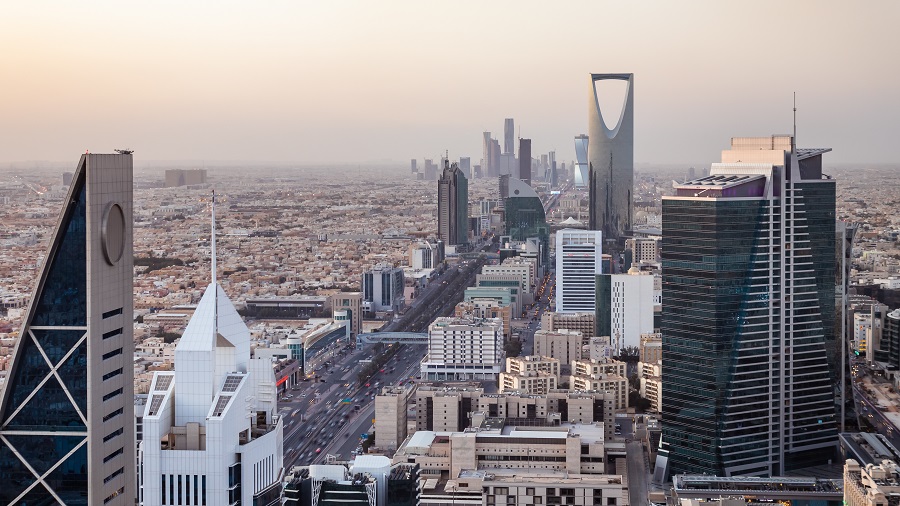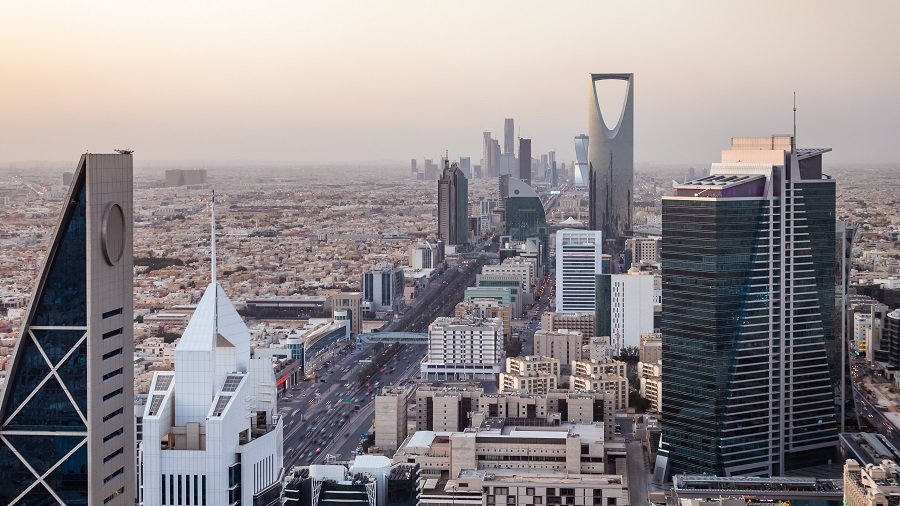Saudi Arabia’s 2021 budget is estimated to be expansionary as government-controlled funds are expected to compensate for previous budget cuts that were announced by the Ministry of Finance, analysts told Argaam.
Preliminary projections for the fiscal year 2021 indicated real gross domestic product (GDP) growth of about 3.2 percent, driven by the assumption that economic activity will continue to recover during the year, as stated in the budget statement for FY2021 announced on Tuesday, Dec. 15.
The government is also aiming to reduce the budget deficit to SR141 billion ($37.6 billion), or 4.9 percent of gross domestic product (GDP), in fiscal year 2021. This is planned through government efforts to enhance spending efficiency and achieve fiscal stability, according to the budget statement.
Meanwhile, experts said that in FY2021, Saudi Arabia will seek to direct spending towards promising sectors like healthcare, which has succeeded in containing the spread of coronavirus with government support. The government allocated SR175 billion for the health and social development sector to continue implementing precautionary measures to protect the health of citizens and residents.
Additionally, FY2021 projections assume a greater role of development funds and megaprojects, and enhanced partnership with the private sector in many tracks.
Argaam discussed the implications of the 2021 budget on the Saudi economy and the impact of COVID-19 with analysts.
Here’s what analysts say about the 2021 budget:
Vijay Valecha, chief investment officer at Century Financial, terms the budget as rather expansionary as government-controlled funds are expected to compensate for previous budget cuts that were announced by the Ministry of Finance. “Overall, the Kingdom is likely to stick to its spending plan of 7 percent for most of FY2021.”
The budget also takes into account prospective spending by Public Investment Fund (PIF) on domestic assets in order to fill the gap established due to lack of government finances, he noted.
At macro growth level, economy is expected to rebound to 3.2 percent next year, significantly higher than this year’s projected drop of 3.7 percent. The finance ministry plans to reduce overall spending over each of the next three years.
He highlighted that the overall lowering of deficit is positive for the economy in the long run. “However, some of the key assumptions for fiscal breakeven and further growth, including privatization of state assets and spending by PIF, need to actually bear fruits on the economy,” Valecha noted.
Ahmed Saleem, senior analyst at SHUAA Capital Saudi Arabia, highlighted the budget to be in line with the general expectations and signals a more conservative approach, which is crucial during these unprecedented times of a pandemic.
The focus on healthcare reflected in this budget re-iterates the priorities of the policy makers and was expected considering the extraordinary year the world has just witnessed, he pointed out.
“We can now, with a greater degree of certainty, expect 2021 to be the year of recovery with healthcare and construction anticipated to be among the top picks for market participants,” he added.
Saleem deemed lowering deficit to be a kneejerk reaction in the short-term but is likely to culminate into rising expenditure levels in the years following 2021. “Rising public debt, in addition to a recovering business activity as COVID-19 subsides, might signal a relatively stronger year for the banking sector,” he said.
Sohail Hayyan, a Riyadh-based independent investment consultant, pointed out that the 2021 budget is articulated in a way that assures strong GDP growth of 3.2 percent with conservative oil prices assumptions and a balanced use of debt and access to reserves.
He said that PIF will continue to be the strategic and efficient vehicle to boost the medium- and long-term growth of non-oil GDP while providing short term important economic and financial gains in line with Vision 2030 objectives.
Despite relatively stable expenditures, Saudi Arabia is expected to record a lower deficit and lower use of public debt and reserve amidst reasonable funding, which is an important and welcoming development. “Sustainability is the way forward while keeping enough dynamism and flexibility with positive global and local economic developments,” Hayyan stated.
Sher Mehta, founder and CEO of Virtuoso Economics, believes that amidst subdued oil prices and uncertainty surrounding the pandemic, Saudi Arabia’s economy will probably witness slower growth in 2021 and subsequent years to come.
“Travel and tourism in Saudi Arabia will gain traction in 2021. However, I expect only a gradual economic recovery, rather than a strong rebound in 2021,” he said.
Powered by Argaam

Prince Khalid bin Salman: Saudi Arabia continuing its policy to establish stability in Yemen

